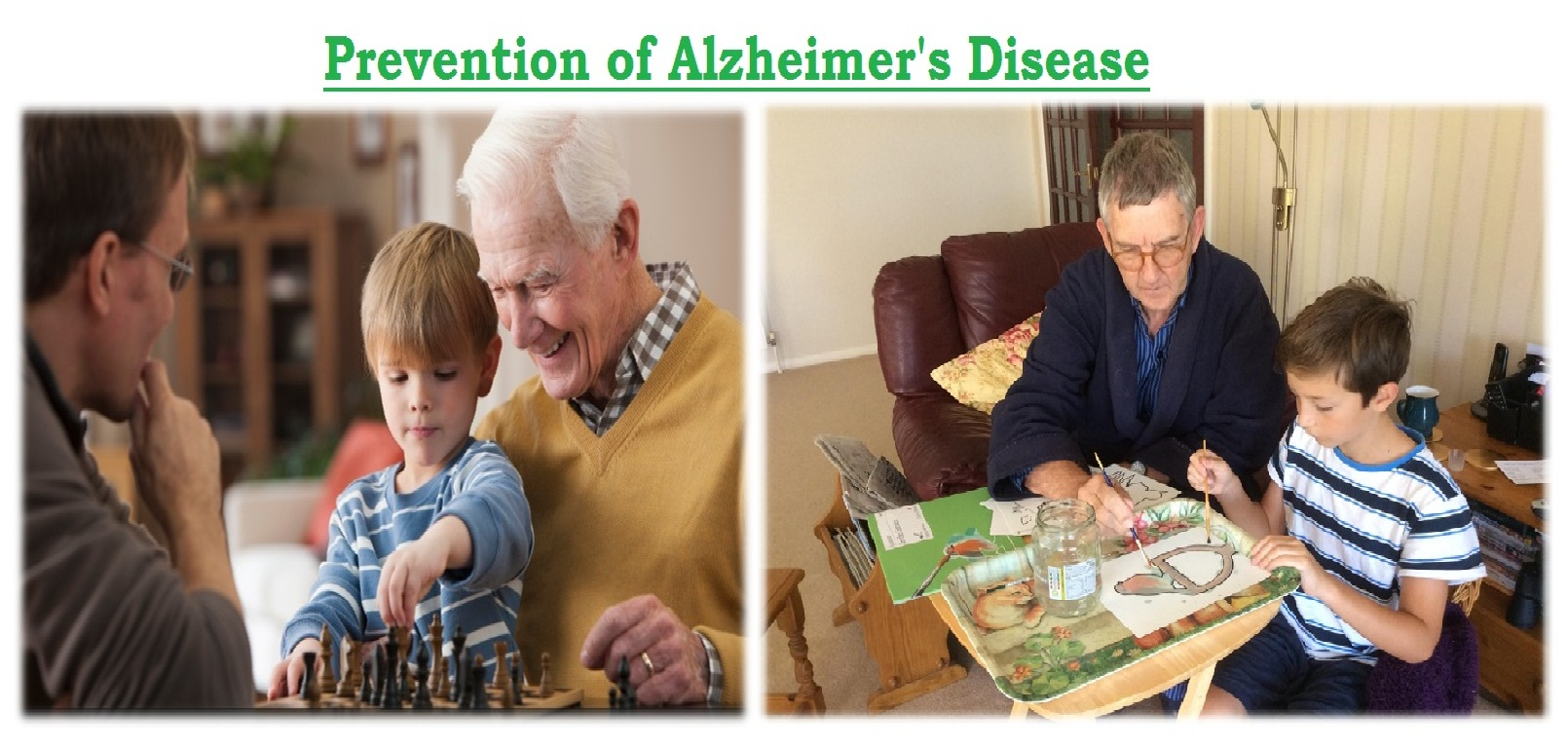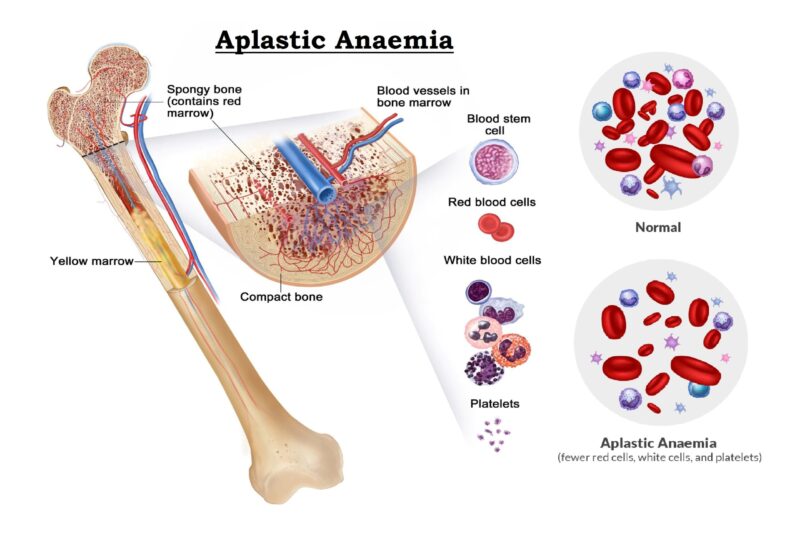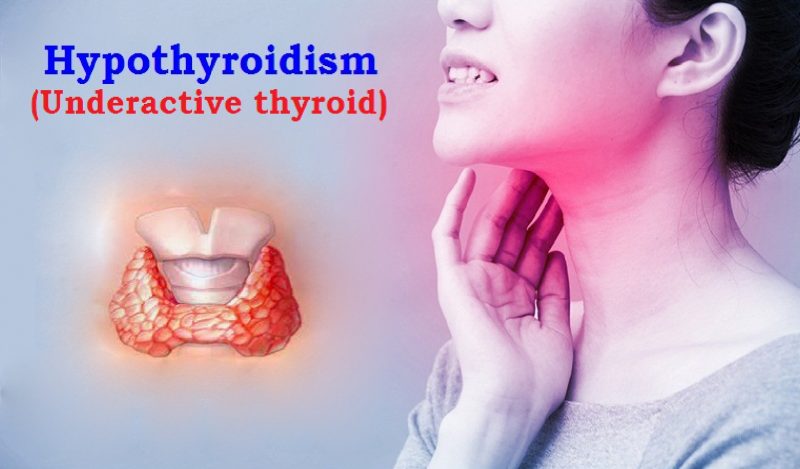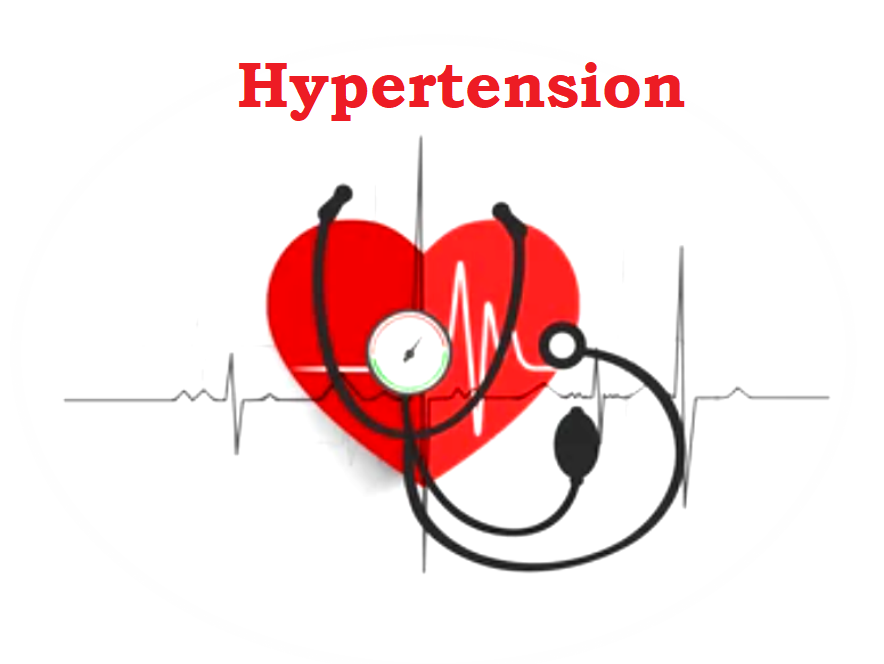There’s no cure for Alzheimer’s disease, but there are treatments that can slow the progression of the disease and may improve quality of life. Initially medications and management may temporarily improve symptoms. But because there's no cure of the disease, it's important to seek supportive services and tap into support network as early as possible. Current Alzheimer's medications can delay the progression of disease with memory symptoms and other cognitive changes.
Two types of drugs are currently used to treat cognitive symptoms:
- Cholinesterase inhibitors : These drugs work by boosting levels of a cell-to-cell communication by providing a neurotransmitter (acetylcholine) that is depleted in the brain by Alzheimer's disease. The improvement is modest. Cholinesterase inhibitors can improve neuropsychiatric symptoms, such as agitation or depression, as well
- Memantine : This drug works in another brain cell communication network and slows the progression of symptoms with moderate to severe Alzheimer's disease. It's sometimes used in combination with a cholinesterase inhibitor.
Sometimes other medications such as antidepressants are used to help control the behavioral symptoms associated with Alzheimer's disease. But some medications should only be used with great caution. For example, some common sleep medications like zolpidem , eszopiclone etc.- may increase confusion and the risk of falls. Anti-anxiety medications such as clonazepam and lorazepam - increase the risk of falls, confusion and dizziness.
As the exact cause of Alzheimer's disease is still unknown, there's no certain way to prevent the condition. But Promising research shows that a person can reduce the risk of Alzheimer’s disease through a combination of simple but effective lifestyle changes.
- Regular exercise is an important part of everybody's wellness plan — and those with Alzheimer's are no exception. Activities such as a daily walk can help improve mood and maintain the health of joints, muscles and the heart. Exercise can also promote restful sleep and prevent constipation.
- People with Alzheimer's may forget to eat, lose interest in preparing meals or not eat a healthy combination of foods. They may also forget to drink enough, leading to dehydration and constipation. So, high-calorie, healthy shakes and smoothies, milkshakes with protein powders can require to make smoothies featuring. Try to ensure that a person with Alzheimer's drinks at least several full glasses of liquids (water, juice and other healthy beverages) every day.
- Avoid beverages with caffeine, which can increase restlessness, interfere with sleep and trigger a frequent need to urinate.
- Cardiovascular disease has been linked with an increased risk of Alzheimer's disease.
- Social interactions and activities can support the abilities and skills that are preserved. Doing things that are meaningful and enjoyable are important for the overall well-being of a person with Alzheimer's disease. These might include listening to music or dancing, reading or listening to books, gardening or crafts, social events at senior or memory care centers and planned activities with children etc.
The latest research suggests that some factor like haring-lose, untreated depression, loneliness, social isolation, sedentary lifestyle, smoking, high alcohol beverage, unhealthy food consume, lazy lifestyle may provoke Alzheimer’s disease.




